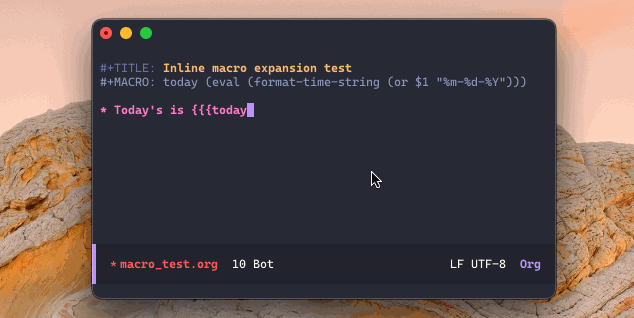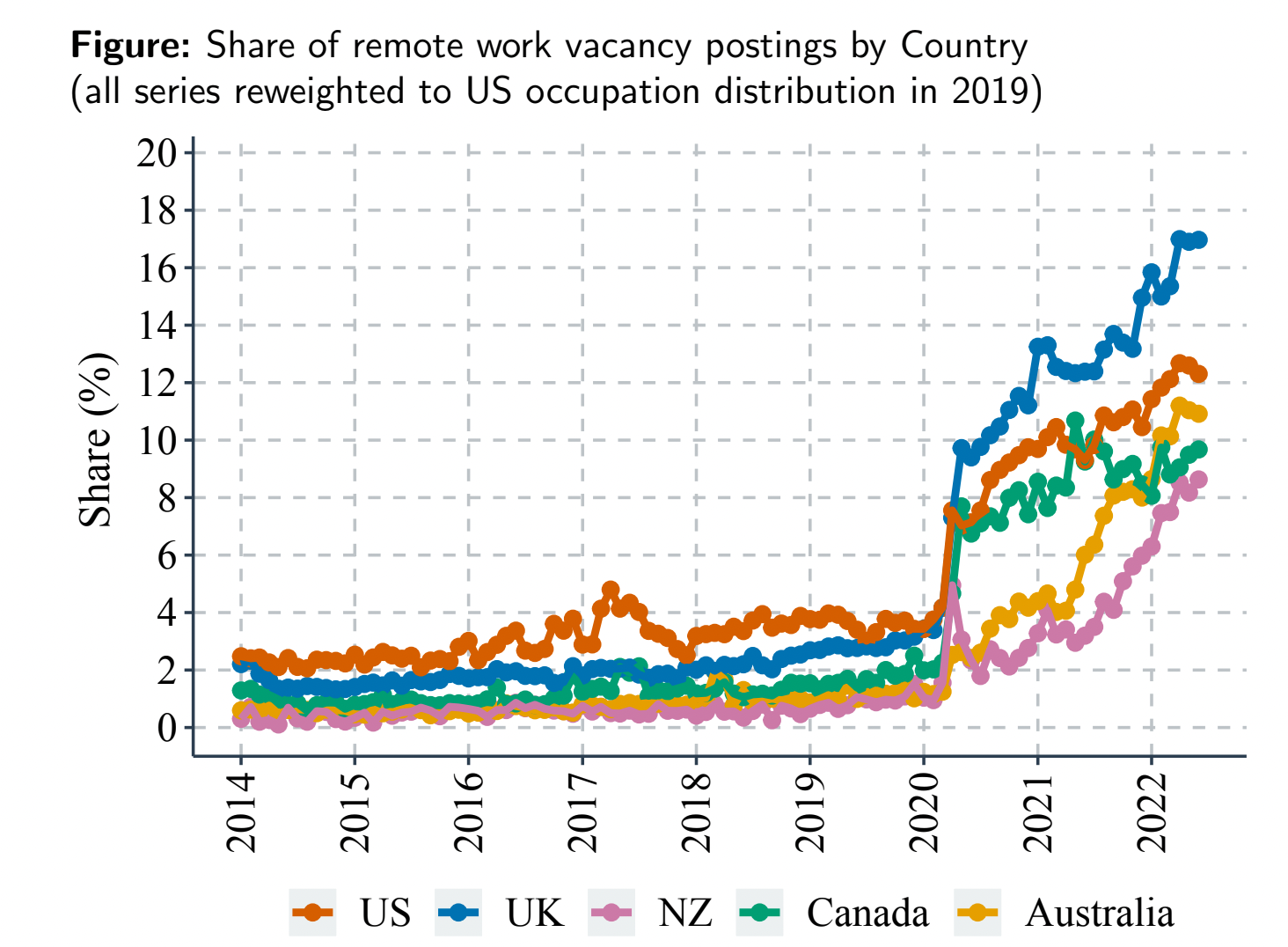Founders get away with a lot in founder-led sales. They know the product and the problem inside out. They have the most context from talking to users (hopefully) and can pivot the conversation when they identify a challenge. They have conviction about what the business which makes you want to believe them.
This doesn’t necessarily translate to a playbook others can use to sell. The real test is going from founder-led sales to a repeatable sales process.
How do you do that?
I’m still figuring this out for myself but here’s some advice I’ve gathered from talking to other founders and early sales hires.
Hire a generalist to take over doing sales calls along with the founder. Their job is to document the process and work with the founder on developing the playbook—they don’t need to be a salesperson.
Alternatively, develop a playbook first and hire two Account Executives. You need to hire two so that you can evaluate performance better. Test out the playbook and work with the two AEs to make it better.
The playbook itself should be much more detailed than you think. There should be clear stages in the customer journey documented to help the salesperson provide structure to the customer. It’s only a process if it can actually be written down and used to train others.

